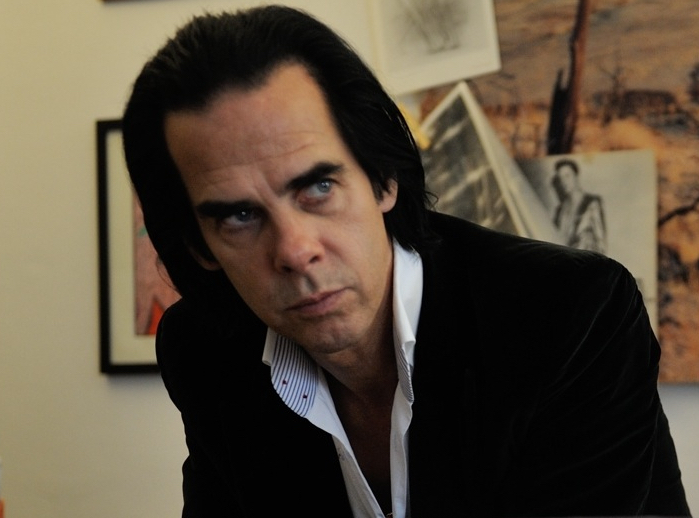
Photo by Bleddyn Butcher via Wikimedia Commons
Last year, not long before Christmas, everyone on the internet received a shiny new toy in the form of ChatGPT, which by the power of artificial intelligence can near-instantaneously generate most any text one asks it to. And after a bit of experimentation, one is inclined, naturally, to turn such an impressive technological achievement to the most ridiculous possible uses. Over the past few months, pastiche has proven an especially popular use of ChatGPT: my own interest was first piqued, as I recall, by its generation of instructions for “how to remove a peanut-butter sandwich from a VCR” in the style of the King James Bible.
It’s unknowable what the author or authors of the Bible (depending on how you happen to conceive of its authorship) would think of the results. But we do know just what Nick Cave thinks of ChatGPT’s attempt to write a song in his style. You can read its lyrics at The Red Hand Files, the site of Cave’s question-and-answer newsletter (in which he has opined on these matters before). Consisting of two verses, a chorus, and an outro filled with lines about “a siren’s song,” “the blood of angels,” and “the fire of hell,” the song was sent in by a fan named Mark in New Zealand, to whom Cave writes a characteristically thoughtful reply — or at least he does after delivering his verdict: “This song sucks.”
“What ChatGPT is, in this instance, is replication as travesty,” Cave writes. “It could perhaps in time create a song that is, on the surface, indistinguishable from an original, but it will always be a replication, a kind of burlesque.” Genuine songs, he explains, “arise out of suffering, by which I mean they are predicated upon the complex, internal human struggle of creation.” But “ChatGPT has no inner being, it has been nowhere, it has endured nothing, it has not had the audacity to reach beyond its limitations, and hence it doesn’t have the capacity for a shared transcendent experience, as it has no limitations from which to transcend.”
“What makes a great song great is not its close resemblance to a recognizable work,” he continues. “Writing a good song is not mimicry, or replication, or pastiche, it is the opposite. It is an act of self-murder that destroys all one has strived to produce in the past.” This is the act that Cave himself has committed to over and over again throughout his half-century-long musical career. But even if that act will lie forever beyond the grasp of an artificial-intelligence system, no matter how robust, it also lies beyond the grasp of the many human musicians content to crank out the same old songs for decades on end. Perhaps it is they, not the Nick Caves of the world, who should worry about the likes of ChatGPT putting them out of work.
Related content:
Listen to Nick Cave’s Lecture on the Art of Writing Sublime Love Songs (1999)
Benedict Cumberbatch Reads Nick Cave’s Beautiful Letter About Grief
Based in Seoul, Colin Marshall writes and broadcasts on cities, language, and culture. His projects include the Substack newsletter Books on Cities, the book The Stateless City: a Walk through 21st-Century Los Angeles and the video series The City in Cinema. Follow him on Twitter at @colinmarshall or on Facebook.

0 Commentaires